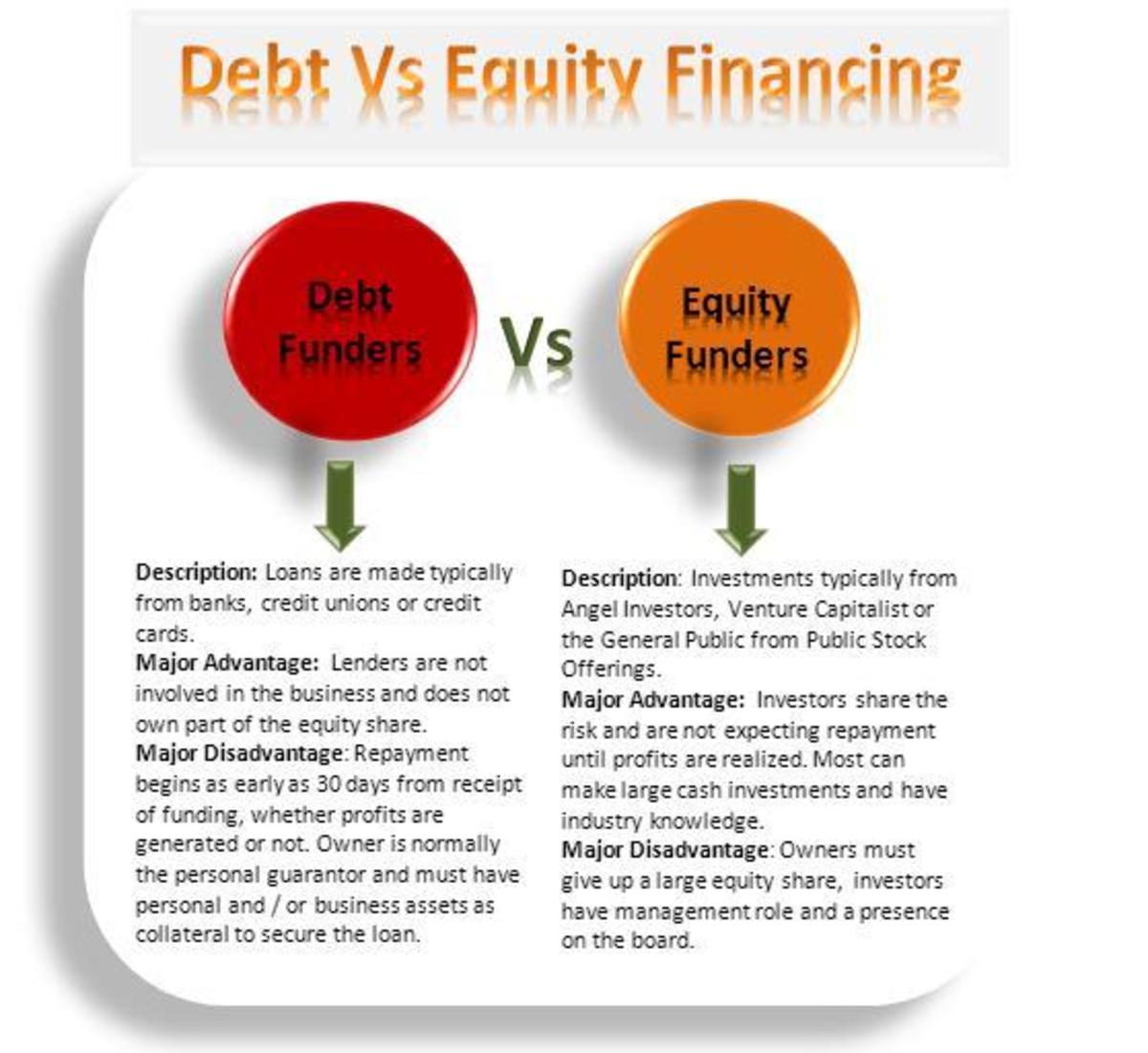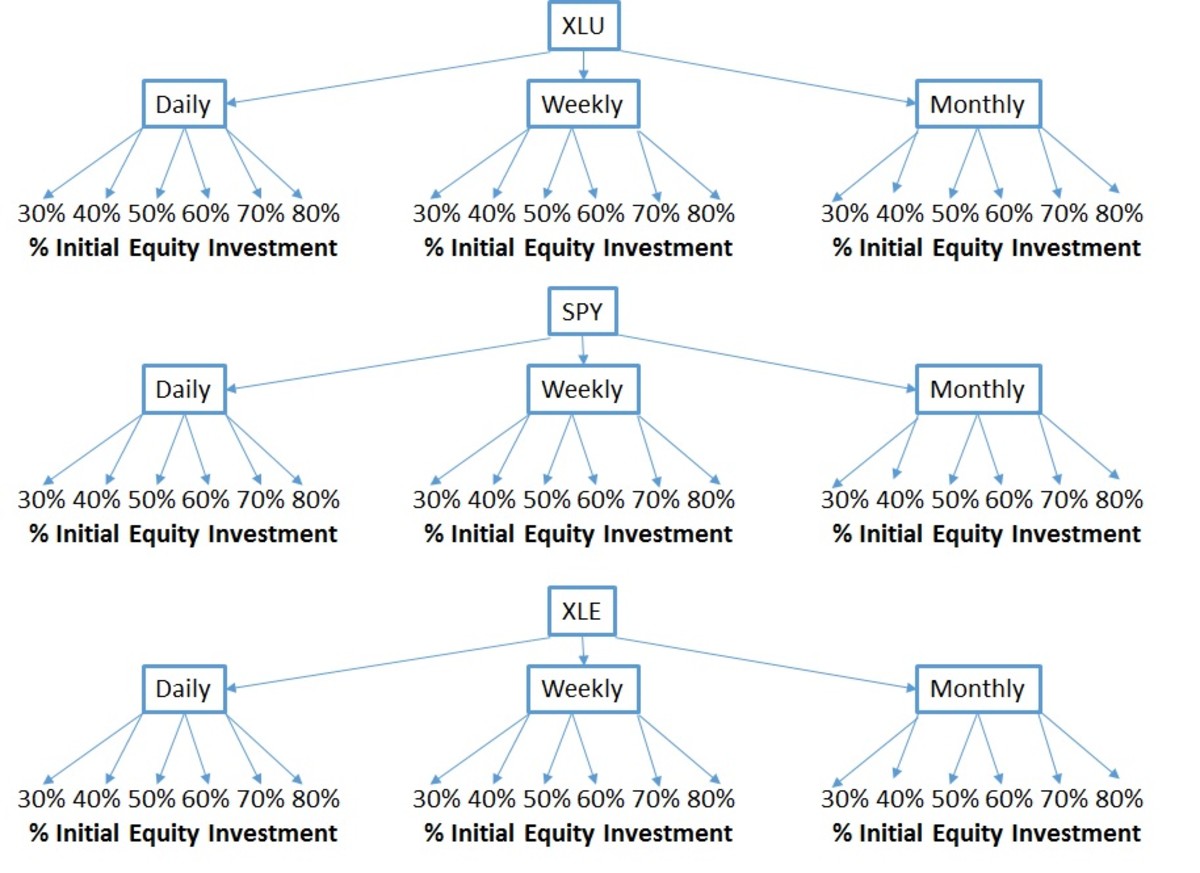What Is Private Equity And How Does It Work?
Private Equity Firms Finance American Business


What Is Private Equity?
Private equity is a word you hear on TV a lot. It has many different meanings that all fall under one umbrella term; Private equity. For the most part, private equity is any privately held money used for investment purposes. Private equity is what drives the American economy and is the root of long term GDP growth in our country.
It's very simplest form private equity could mean your own money. Money that you use to invest in or start a business. The size and scope of private equity changes as the amount of money and number of investors increases. This article is intended to be a primer for anyone with an interest in private equity, business finance and investing.
What is the difference between private equity, venture capital and angel investment?
This can be a complicated answer but the short version is that venture capital and angel investment are types of private equity the same way that Kleenex and Puffs are types of tissue. The two are subsets of private equity that tend to target riskier business investments. The differences between the three are based on the style of investing and stage of the business cycle the investor(s) are targeting.
The Purpose Of Private Equity
Private equity provides liquidity and stability for growing businesses and enterprise. The funds are used in a variety of ways including product development, business expansion and change of ownership to public trade. Some of the common investment strategies used by private equity investors are leveraged buyouts, distressed investments and mezzanine financing.
- Angel Investing- This is the foundation of the business investment process. Angel investment is the money used for initial business start-up and for proving out new ideas. Angel investment can range from $100 to $1 million or more, depending on the business and the investor. For many, an angel investor is a family member or friend.
- Leveraged Buyouts - This is what used to called the hostile takeover. A private equity investor will buy enough shares to gain control of a company. This is done with the approval and regulation of the SEC. The buyout is usually done through complex loans or leverage, that are paid back by the future profits of the business. Leveraged buyouts target mature companies with stable and liquid cash flow.
- Distressed Investments - This is a very broad category of business that are some form of financial trouble. Private equity may step in and provide capital to address and fix problems in return for a sizable portion of the business.
- Mezzanine Financing - This is usually short term loans used by businesses to offset the need for equity capital in financing a large expansion, public offering or leveraged buyout.
Venture Capital Led To The Dotcom Boom

What Is Venture Capital?
Venture capital is a type of private equity that focuses on small and growing companies with a not-quite proven track record and a big chance success. Venture capital investment gives them the financial stability to complete expansion plans and take their business to the next level. This type of investment is usually associated with technology stocks. This is because venture capital developed as a style of business investment during the seventies and eighties when the technology world was beginning to advance in leaps and bounds. This was the beginning of the big technology boom that lead to the "tech bubble" and subsequent stock market crash.
Investors discovered that technology was big money. They also discovered that they could make big money by taking risks on new or developing technology. Because of the amount of risk involved with these companies the venture capital firms took control of large portions of the businesses. In the early days it was easy to make money this way because any new technology was good and made money as soon as it hit the market. When the industry matured it became common for new technologies to lose favor quickly. Hundreds of small start-ups failed because of the rapid pace of advancements in the tech arena.
After the bear market most venture capital firms were wiped out. The few that survived were cautious and wary. In the following years the venture capital field has come back. The strategy has changed a little with caution leading the way. Venture capitalists now invest in most industries and fields, providing the investment suits their strategy.
What Is Angel Investment?
Angel investment is aptly named. This is more commonly known as seed-money or start-up money. It most often comes from a parent, family member or local investor. This is the money an individual or group uses to start or prove out a new business in preparation for other forms of financing. Angel Investment is also growing in popularity as an investment type.
Wealthy individuals acting alone or in small groups are acting as angel investors. They seek out new ideas, concepts, products and business models in which to invest. Their goal is to help small businesses get established. Angel investors can found online in several places, simply search for Angel Investor.
Types Of Business Financing For Start-Ups
Own Money sometimes it is possible to gather enough personal resources to start a business. This can be very risky for the entrepreneur and damaging to their credit scores. Savings, retirement plans and credit cards are all eligible sources when financing a business on your own.
Start up capital/seed money/ angel investment is one way to start up a business. This is not always as easy as it may seem, even for someone dedicated to finding an investor. Some folks may have a rich aunt or benevolent parent but for the rest it will be necessary to convince someone else of your idea in order to get them to commit any money.
Borrowing is the most common way businesses get started regardless of size. Banks and other lending institutions are easier to convince when you put down some collateral and sign for the loan. Getting a loan is not easy though. It requires a fair amount of work and preparation. You will need a business plan with projected costs and revenues. You will also need collateral. Banks are notorious for being first in line when it comes to collecting on a debt. If you borrow money to start a business and then shut down you will still have to pay off the loan.
Business Financing For Corporations And Established Businesses
Borrowing rears it head again. In this case the situation is a little different. Banks will lend to an established business on an unsecured basis, more-or-less. Banks will lend to you based on your cash flow and expected earnings. If they think you can pay them back they will lend you the money. For larger sums collateral may be required.
Growth Funding An established business that wants to grow can seek out an investor. Depending on the size and scope of the growth plans a venture capital fund may be sought. Venture capital seeks to make money through an eventual IPO or private sale of the company. This type of funding is attractive to business without the ability to generate enough interest for a stock offering.
Stock Offering A corporation can raise money by issuing shares of stock to investors. This is similar to an IPO but not open to the public, just the chosen few who are allowed into the deal. Money raised by the offering is used in a variety of ways that grow the business and enhance shareholder value. There is a limit to how many shares a corporation can issue before it has to register with the SEC and become a publicly traded company.
Private Equity Large and well established corporations can seek the help of private equity as a tool in their expansion plans. The money can be used for restructuring, expansion, paying down debt and operating expenses. It is very similar to venture capital but because the companies are already established the private equity firms get less in return. Mezzanine and Bridge Financing are two common forms of private equity.








